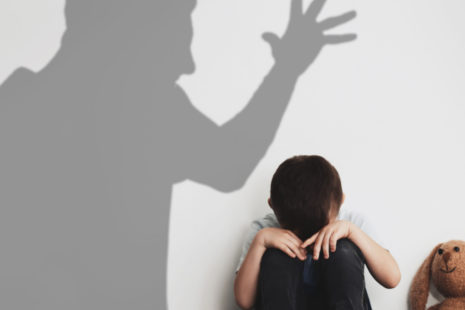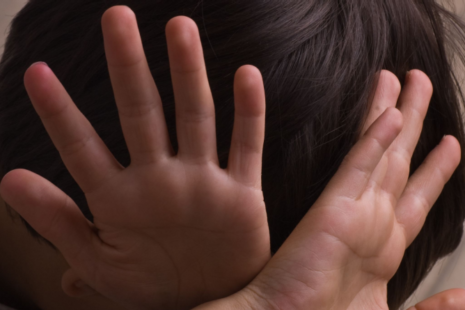The long-term effects of abuse can vary depending on the type of abuse and the severity and duration of the abuse. However, some common long-term effects of abuse can include the following:
- Physical health problems: Children who have experienced abuse may be at increased risk for various physical health problems, including chronic pain, headaches, digestive problems, and cardiovascular disease.
- Mental health problems: Abuse can also have lasting effects on a child’s mental health, including an increased risk of depression, anxiety, post-traumatic stress disorder (PTSD), and substance abuse.
- Behavioral problems: Children who have experienced abuse may be more likely to exhibit behavioral problems, including aggression, impulsivity, and difficulties with social relationships.
- Cognitive problems: Abuse can also affect a child’s cognitive development, including their ability to think and learn, which can have long-term effects on their academic and vocational success.
- Attachment issues: Children who have experienced abuse may struggle with forming healthy relationships and may have difficulty trusting others, affecting their ability to form secure attachments throughout their lives.
- Self-esteem and self-worth issues: Abuse can also impact a child’s sense of self-worth and self-esteem, leading to shame, guilt, and low self-confidence.
It’s important to note that while abuse can have lasting effects, children who have experienced it can heal and lead healthy and fulfilling lives with appropriate support and treatment. If you suspect that a child is being abused or neglected, it’s important to report your concerns to the appropriate authorities as soon as possible. This may include contacting local law enforcement, child protective services, or a trusted healthcare provider. Reporting suspected abuse can help protect the child and prevent further harm.





